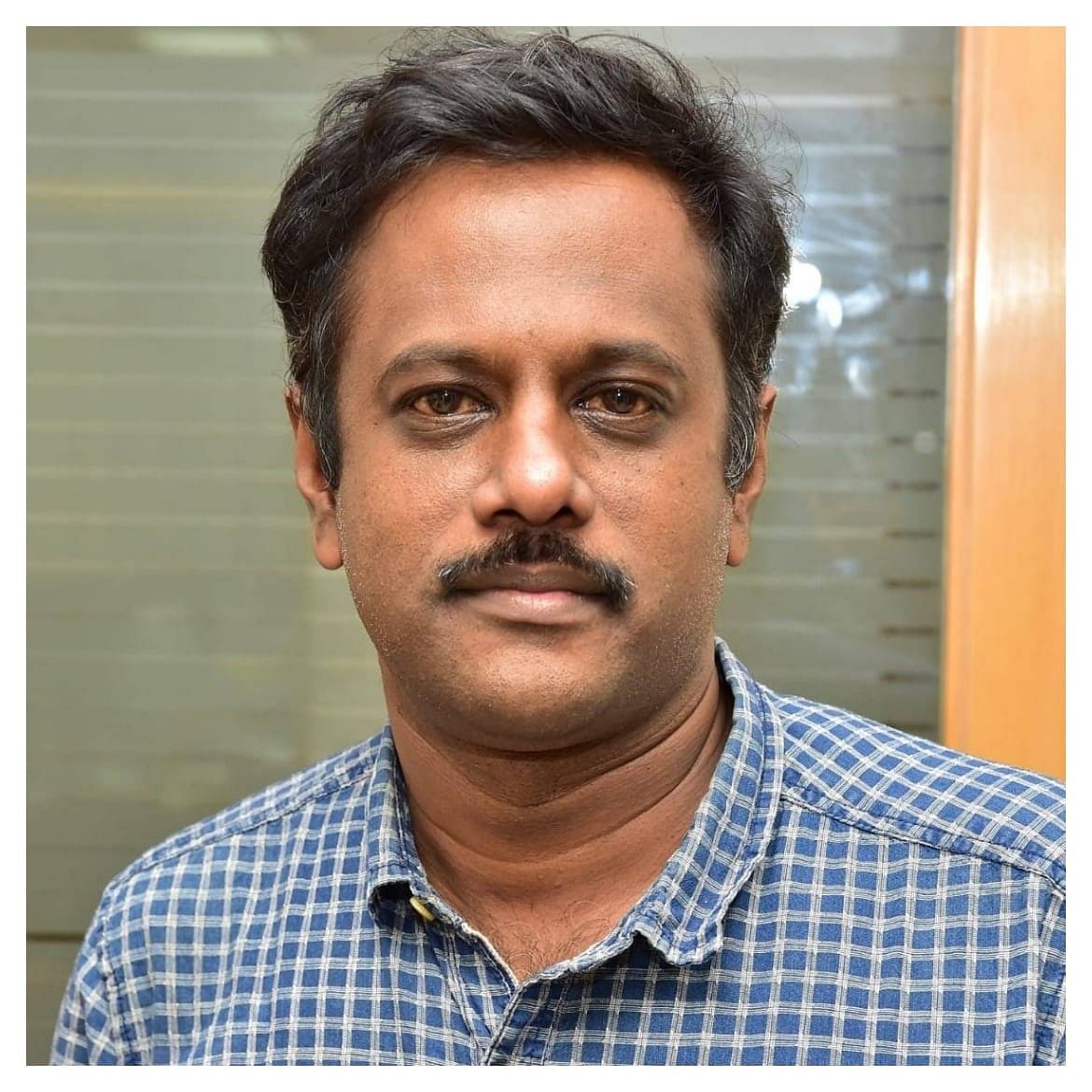Home Ministry asks states to set up specialised units to combat rise in human trafficking during pandemic
Fearing that the economic strain unleashed by the Covid-19 pandemic could lead to increased human trafficking, the Ministry of Home Affairs (MHA) has asked states to immediately operationalise specialised units in all districts, provide extensive training for police personnel at state border outposts to spot victims and involve panchayats in identifying children vulnerable to criminal gangs.
The MHA has also asked the states to work out a coordination mechanism involving various arms of the administration like the police, labour department, women and child development department, railways and border guarding forces like the BSF and the SSB to prevent the criminals from taking advantage.
It also wants the states to immediately set up Anti-Human Trafficking Units (ATHUs) in all districts. While Rs 25.16 crore was released between 2010 and 2019 for such units in 332 districts, another Rs 100 crore from Nirbhaya Fund was released in March this year to extend the programme to all the 739 districts in the country. Border guarding forces also received a share from the fund.
In the letter to states, MHA Deputy Secretary Arun Sobti said traffickers often exploit the vulnerabilities of people by making false promises of new jobs, better income, better living conditions and support to their families.
"Domestic violence, psychological or emotional abuse, neglect and other forms of trauma and violence makes a person vulnerable to human trafficking, who may be looking for release from his present situation. Once trafficked, the victims fall prey to many forms of unfair treatment such as forced prostitution, forced labour, forced begging, forced marriages etc," Sobti said.
He said the Covid-19 pandemic has put the world under "enormous strain and continues to affect the lives" of a large number of people.
Highlighting the importance of ATHUs, the letter said these are integrated task forces to prevent and combat trafficking and comprise a group of trained sensitive officials of police, women and child welfare department and other arms of administration.
Emphasising that children can be transported on a large-scale for wage labour, prostitution and trafficking, the MHA said panchayats should be asked to maintain a register of people living in the villages and keep track of their movement.
Police should develop specific intelligence and surveillance mechanisms to identify gangs and gather information about its history, affiliations and modus operandi. Police should also be trained in identifying children in distress, watching out for suspicious persons and keeping a vigil at transit points like railway stations, bus depots, airports and border areas to identify vulnerable populations.
Personnel deployed on the state border outposts should be trained to look-out for trafficked children. They should question and detect unaccompanied children or accompanying adults with suspicious behaviour during checking.
Law enforcement agencies should engage with local panchayats and community leaders and Resident Welfare Associations among others so that they get involved with the administration in identification, tracing and recovery of missing and trafficked persons, the letter said.
In the letter, Sobti said children and youth are more likely to be persuaded or tricked by criminals who take advantage of their "emotional instability and missing support system".
Deccan Herald is on WhatsApp Channels| Join now for Breaking News & Editor's Picks
